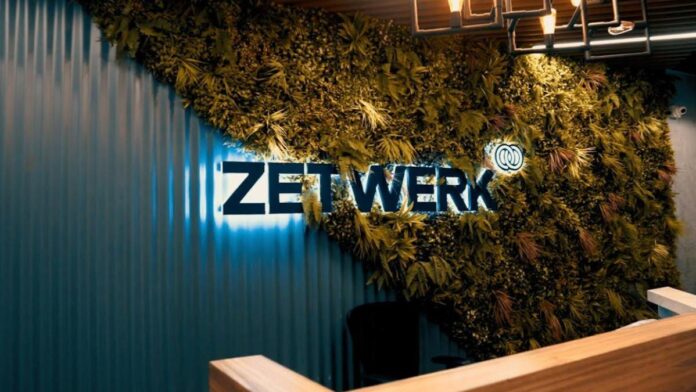Zetwerk Manufacturing is on a roll. It’s helping the country’s top corporations build bridges and power plants and manufacture bullet trains and precision goods. The managed network for contract manufacturing now boasts of an order book that is nudging Rs 13,000 crore. And its roster of clients includes blue-chip names like Larsen &Toubro, Siemens, Samsung and NTPC Green.
Zetwerk’s skills lie in converting the design provided by the client into a product or structure. Once it obtains what is called a design file from the client — essentially the dimensions and materials — it assesses which manufacturers have the technical ability and capacity to do the work. “Accordingly we distribute the orders across the units in a reverse-bidding process on the platform,” explains co-founder and CEO Amrit Acharya.
What Zetwerk has been able to do is to tap more supply in manufacturing capacity. “We are aggregating supply and are, therefore, able to bid for big contracts which an individual manufacturer may not be able to do. Also, not all industries in India are vertically integrated which creates opportunities. Today, the company works with some 15,000 manufacturing units. “We believe the supply chain ecosystem is at an inflection point and if we are in early we can gain from this,” says Acharya.
Also Read Whirlpool, PG Electroplast enters into agreement for contract manufacturing of select Whirlpool branded washing machines Why India’s gaming content creator ecosystem has become pivotal for brands Rhythm virtuoso who transcended borders Reflecting on a decade of Make in India: Achievements, challenges, and the road ahead
The model scores over a conventional manufacturing process in its ability to speed up execution. The distribution of orders across several units and the monitoring of the process on the platform help ensure timely delivery. “The progress of any order is tracked on the platform to check who is on schedule or who is lagging. While the manufacturing is being done at the factories, there are many other steps in the process and that’s where there was something missing, a gap. That’s why we started the business,” says Acharya.
He adds that while customers certainly want quality, they are extremely demanding about getting the delivery on time. The demand for such a service, according to him, is far outstripping the supply. As more corporations adopt a China-plus-one strategy,
» Read More


